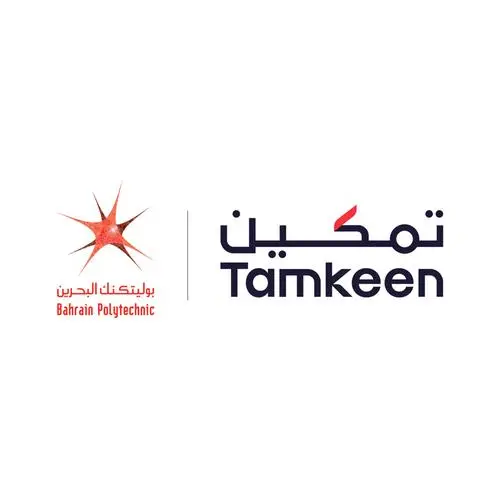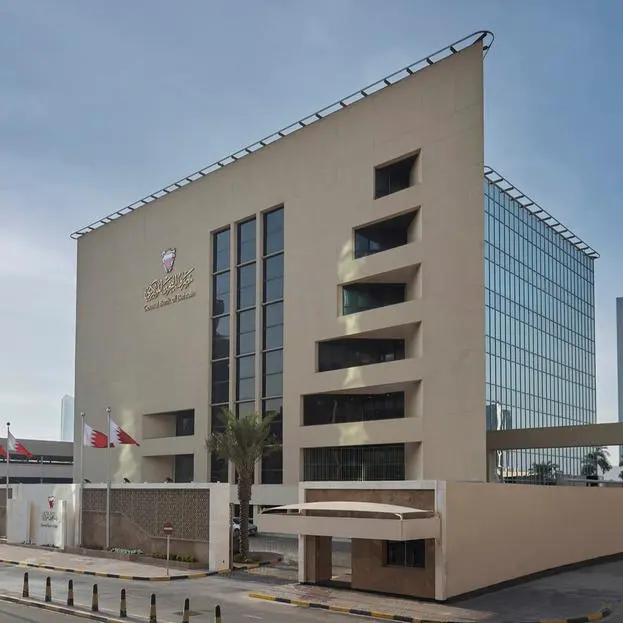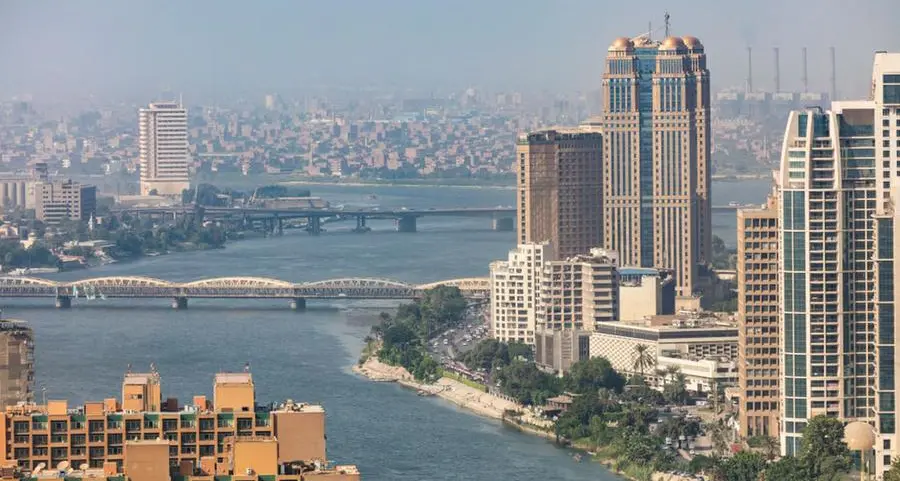Revises outlook to negative
MARC has affirmed the ratings of MARC-1/AA- on IJM Corporation Berhad's (IJM) RM1.0 billion Commercial Paper/Medium-Term Notes Programme (CP/MTN). The outlook on the long-term rating is revised to negative from stable. The outstanding notes under the programme comprise RM300.0 million CPs and RM250.0 million MTNs.
The negative outlook incorporates the challenging prospects for IJM group's core businesses, namely the palm oil and property development sectors, from which the group generated a combined 45.3% and 60.6% of revenue and pre-tax profit for fiscal 2014. The sharp decline in palm oil prices since April 2014 from RM2,800/MT to about RM2,200/MT currently and the weak near-term outlook for the sector would further weigh on the group's plantation division's earnings. The rating agency also notes that the slowdown in the property sector has seen demand moderating for several of IJM's property development projects. Against this backdrop, MARC observes that group borrowings have steadily increased, standing at RM6.3 billion as at end-December 2014 (9MFY2015) (end-FY2014: RM5.6 billion). At the holding company level, borrowings stood at RM1.3 billion as at end-December 2014. The potential funding requirements for the group's key infrastructure projects and capital expenditure, particularly for its Indonesian plantation segment, could add further pressure on its credit profile.
The affirmed ratings consider IJM's diversified revenue base, underpinned by its long operating track record in key business segments that also include construction, infrastructure and industrial. The rating agency acknowledges the improved order book position of IJM's construction division, although the construction industry continues to experience margin pressures. The construction order book has been boosted by the RM2.8 billion contract award for the West Coast Expressway construction and the RM1.2 billion contract for the Kuantan Port expansion project, leading to a total order book of about RM7.2 billion as at end-FY2015. The improved prospects for the construction division may provide some buffer against weaker performance in the other divisions.
IJM's Indonesian plantation segment, which accounted for 54.2% of the group's 55,389 ha of cultivated area, has continued to record high upkeep costs due to the large proportion of young palms in its maturity profile. The Indonesian plantation development has been largely funded by US dollar-denominated borrowings of about RM600 million as at end-December 2014. The rating agency observes that IJM's average selling price for CPO has remained subdued, registering RM2,305/MT for 9MFY2015 (9MFY2014: RM2,312/MT, FY2014: RM2,385/MT), although the impact from the lower prices was offset by increased production levels during the same period.
IJM's property division has outstanding progressive billings of RM1.6 billion as at end-December 2014 that will support earnings visibility over the near term. However, given the softening outlook for the property sector owing partly to stricter lending criteria, MARC opines that domestic property developers would be challenged to achieve comparable sales levels as in recent years. The group intends to launch some RM6.1 billion worth of projects in FY2015 and FY2016 which are geographically spread out. MARC notes that the privatisation of IJM's property group, IJM Land Berhad, was completed in early April 2015. Funded by cash payment of RM120.0 million and RM1.86 billion in IJM shares, the agency views the impact on its balance sheet as manageable. IJM's infrastructure division's earnings has continued to be weighed down by unrealised forex losses from US dollar-denominated borrowings for its Indian tollway operations. The group disposed its 35.6% stake in Trichy Tollway Pte Ltd in India for RM60.1 million in FY2014 and is currently completing the disposal of Jaipur-Mahua Tollway Pte Ltd for RM295.0 million. MARC notes that about RM1.1 billion of the group's total borrowings are related to Indian operations and are on a non-recourse basis. Further disposals in Indian infrastructure assets would lead to a reduction in overall group borrowings.
For 9MFY2015, consolidated group revenue declined 8.0% y-o-y to RM4.0 billion (9MFY2014: RM4.4 billion), attributable to lower construction revenue as key projects reached the tail-end stages. Pre-tax profits increased by 15.7% y-o-y to RM774.7 million (9MFY2014: RM669.3 million excluding one-off gains) due to higher construction margins on completing construction projects as well as higher palm oil production during the period. The group's debt-to-equity (DE) ratio increased to 0.67 times at end-9MFY2015, partly due to the drawdown of RM800 million under the RM3.0 billion Sukuk Murabahah Programme (FY2014: 0.63 times). On a net cash basis, DE increased to 0.48 times at end-9MFY2015 (FY2014: 0.43 times). In tandem with the increase in borrowings, interest coverage ratios have remained low: at the consolidated level, CFO interest cover stood at 1.23 times at end-FY2014 (FY2013: 3.40 times) while at the holding company level, CFO interest cover has historically stood at about 2.00 times with the exception of 5.55 times in FY2014 due to one-off gains. In addition to the disposal of Indian infrastructure assets, IJM's cash balance of about RM2.0 billion as at end-December 2014, of which 46% resides in IJM Land, provides financial flexibility.
The negative outlook may be revised back to stable if IJM is able to exhibit financial resilience, particularly in restoring its cash flow protection measures to better reflect the credit strength of a AA- rated issuer. The long-term rating, however, could be lowered should key financial metrics deteriorate due to weakening performance of key business segments and/or additional increase in borrowings.
Contacts: Jasmine Kua, +603-2082 2280 / jasmine@marc.com.my; Taufiq Kamal, +603-2082 2251 / taufiq@marc.com.my.
© Press Release 2015










